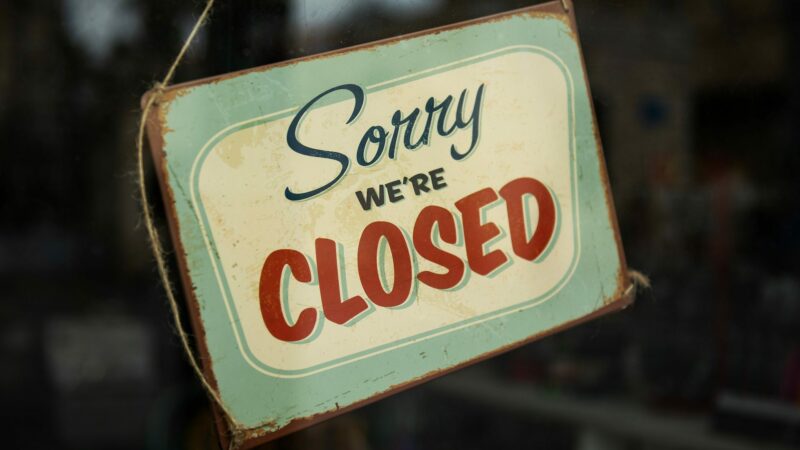
The new Labour leadership team is rightly focusing on the emergency health response to Covid-19. But as we look at easing the lockdown, we are now starting to see the economic debate gain prominence. Longer term, we know that the decisions made today will shape the future of our economy for years to come. Labour must continue to give the government’s economic package the same level of scrutiny as its health response.
The initial Treasury reaction to the crisis was bold and ambitious, with tens of billions of grants for small businesses, VAT deferrals and government-backed loans. We all recognise that no package of measures was ever going be perfect first-time around – however, rather than taking on board suggestions from the Labour frontbench, business leaders and experts, the government has been slow to respond.
This would be bad enough, but not all businesses are being affected equally by the government’s measures. Some parts of our economy are particularly at risk – and it is these businesses, which represent the core of Labour values, that are most likely to disappear. The economic crisis is at risk of sinking tens of thousands of co-operatives and social enterprises. These businesses often work in the toughest markets and in our poorest communities. Social enterprises alone employ two million people and contribute £60bn to the UK economy.
Beyond just their economic contribution, these businesses are at the core of Labour’s economic vision of spreading wealth and opportunity more evenly through our society. According to research by Social Enterprise UK, half of social enterprises could run out of cash by June. Co-operatives UK has asked people to join the fight for the cooperative sector.
Social enterprise and co-operative sector business leaders are reporting that they cannot get access to business grants because of the restrictive eligibility criteria. The coronavirus business interruption loan scheme (CBILS) is not appropriate for many co-operatives and social enterprises because they work in markets where they cannot afford to repay commercial interest rates. Yet the government is refusing to expand the scheme or provide specialised financial support.
One in five social enterprises work in the most deprived communities, as measured by the Index of Multiple Deprivation. The North East of England, an area which has seen the slowest economic recovery in the past decade, is the most ‘co-operative’ region in the UK with 1.89 for every 10,000 people. Social enterprises and co-operatives are the economic backbone of the places where they are based, and their loss will take years to replace. They are also mobilising communities during the pandemic and providing help to people left behind by the state.
This crisis has shown that the Conservatives do not care about these forms of business. They are apathetic because they do not think that having a social purpose to business is important. Spreading wealth to workers or communities is not a priority. They want business to focus on one thing: profit. This is an agenda that suits an elite rather than the people that are most at risk during the crisis.
This is how the Conservative government has given Tesco a £600m tax break whilst the company hands out £900m in dividends to its shareholders. That £600m could have provided a £10,000 cash grant to 60,000 social enterprises and co-operatives to get them through the crisis. A small amount that could have made a big difference. Not only that, but we have the absurd situation where casinos, betting shops and massage parlours are getting government grants but community-owned co-operatives and social enterprises get nothing. Labour must shine a light on this and demonstrate how it would put our poorest communities, workers and socially responsible businesses first.
People want to know that as we come out of this health emergency, our best businesses have survived. Co-operatives and social enterprises are Labour’s natural allies in demonstrating what a better economy can look like. If they go to the wall, we will weaken our own cause of developing an alternative to the laissez- faire capitalism of the Conservative Party. And, more immediately, it is Labour communities across the country that will suffer the most from the loss of these good businesses. Labour must raise the profile of this issue before it is too late.




More from LabourList
New intake Labour MPs: ‘Why we set up the Living Standards Coalition’
Andrew Pakes MP: ‘We need blue-collar Labour, not Blue Labour’
LabourList readers reveal their highs and lows of Labour’s first year